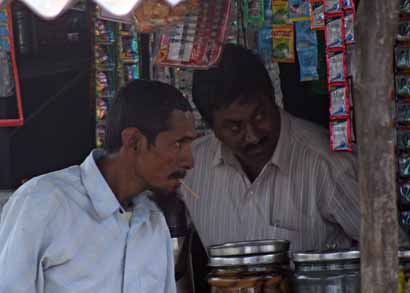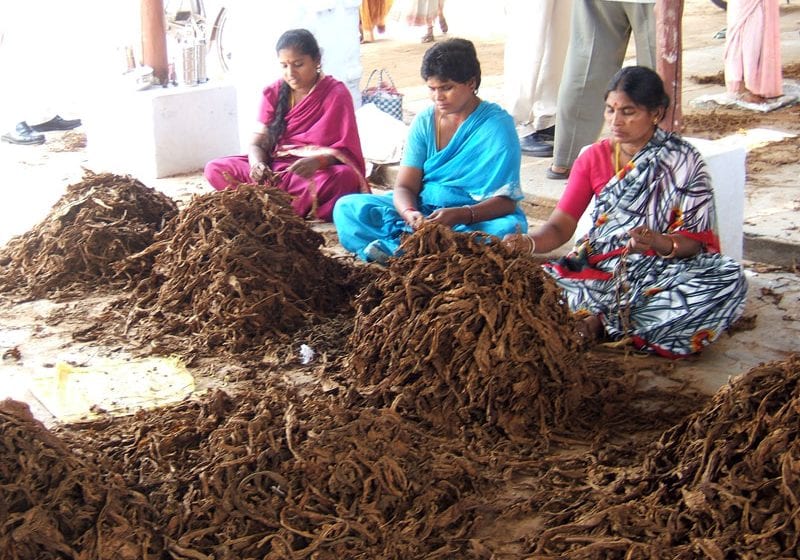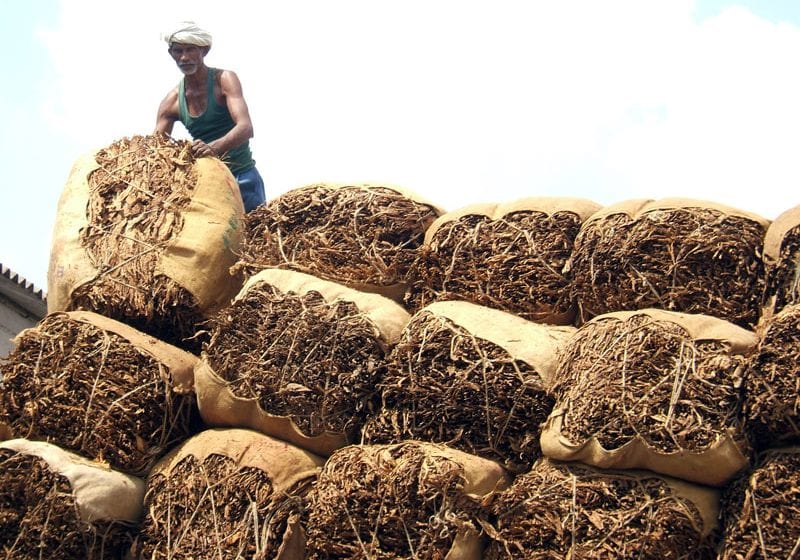The Health Department of the Indian state of Tamil Nadu is setting up an empowered panel to implement measures recommended by the World Health Organization’s Framework Convention on Tobacco Control (FCTC), according to a story in the latest issue of the BBM Bommidala Group newsletter.
The panel will be focusing in particular on dealing with interactions with, or any kind of interference from, representatives of the tobacco industry.
The panel will reportedly comprise secretaries with the state government’s ‘Health, Home, Finance, Commercial tax, Registration and Law departments.
The Tamil Nadu government has already issued a protocol for its employees in dealing with the tobacco industry.
The protocol limits their interactions with tobacco-industry representatives and forbids them from accepting from the industry any contributions or services for themselves or their families, relatives or friends, including funds for research, policy drafts or legal advice.
Meetings between government employees and representatives of the tobacco industry must be cleared with the panel in writing.








